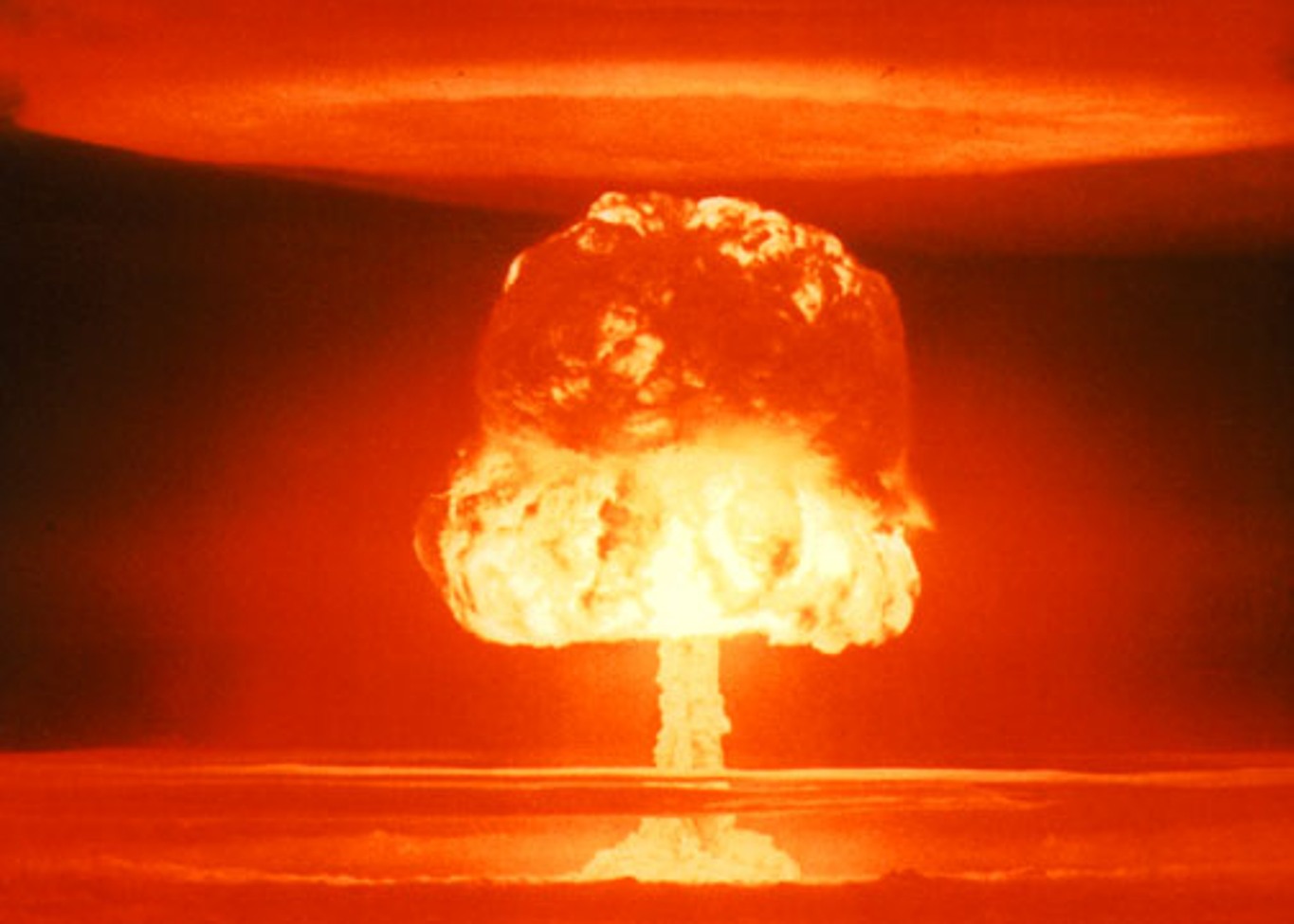
As the Threat of Nuclear War Grows, ‘the bomb’ Breaks the Silence As the Threat of Nuclear War Grows, ‘the bomb’ Breaks the Silence
Like the Nobel Peace Prize–winning group ICAN, Eric Schlosser’s multimedia creation raises awareness about a looming catastrophe.
Oct 7, 2017 / Mark Hertsgaard
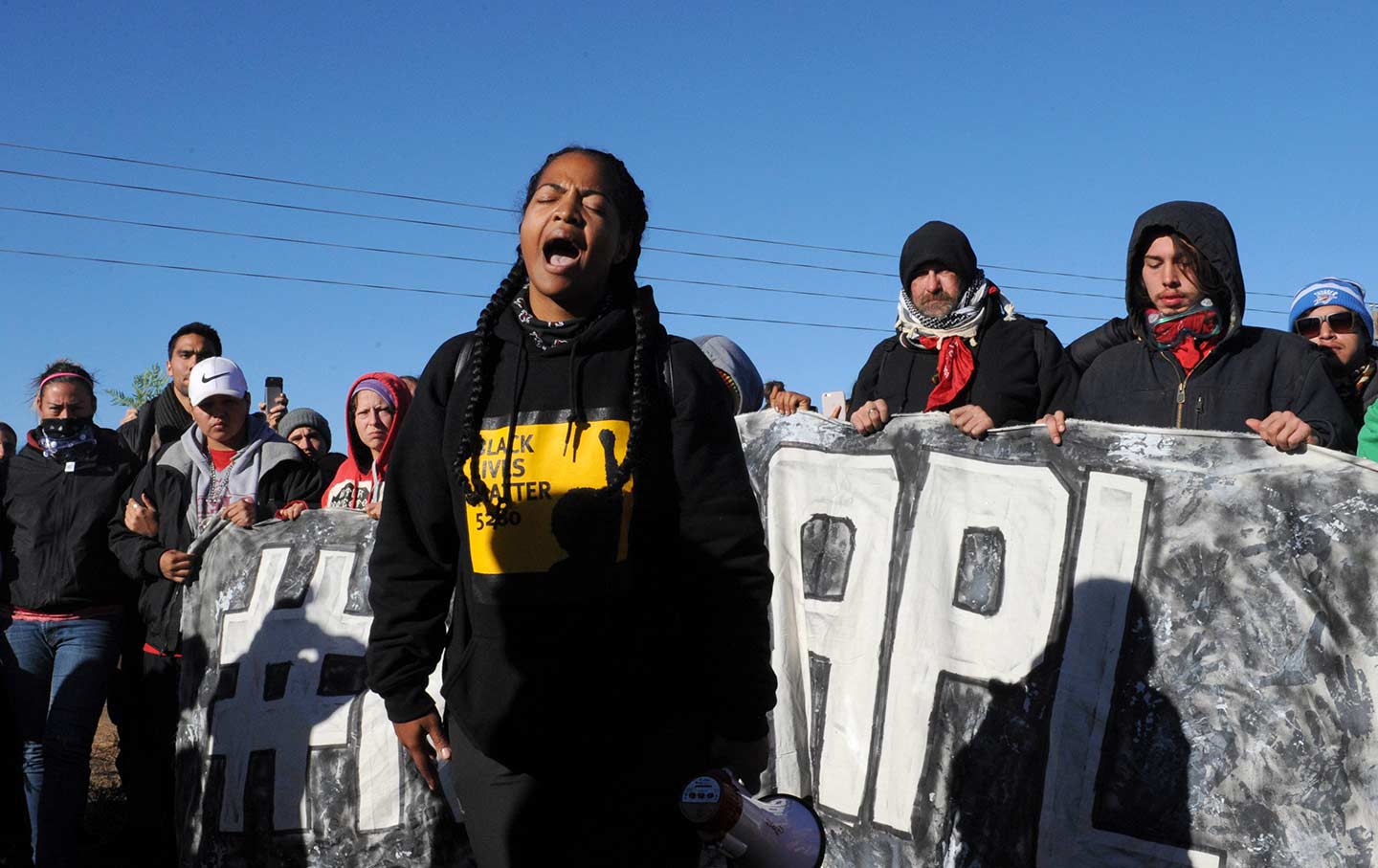
How Do We Build a Racial Justice Movement Too Powerful to Ignore? How Do We Build a Racial Justice Movement Too Powerful to Ignore?
A panel on race and resistance in Trump’s America, featuring Alicia Garza, Walter Mosley, Steve Phillips, Joan Walsh, and Mark Hertsgaard.
Sep 15, 2017 / Mark Hertsgaard
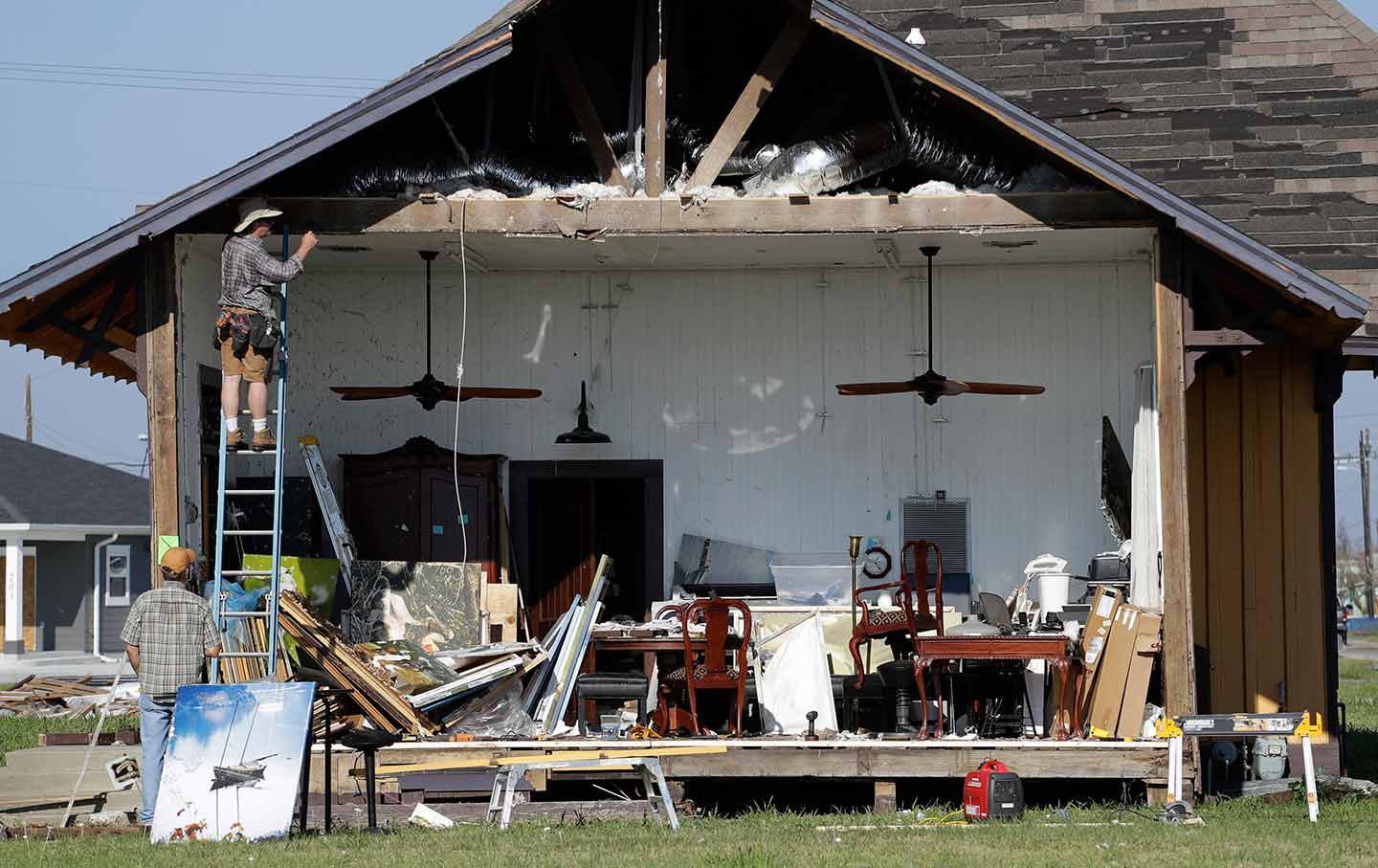
Climate Denialism Is Literally Killing Us Climate Denialism Is Literally Killing Us
The victims of Hurricane Harvey have a murderer—and it’s not the storm.
Sep 6, 2017 / Mark Hertsgaard
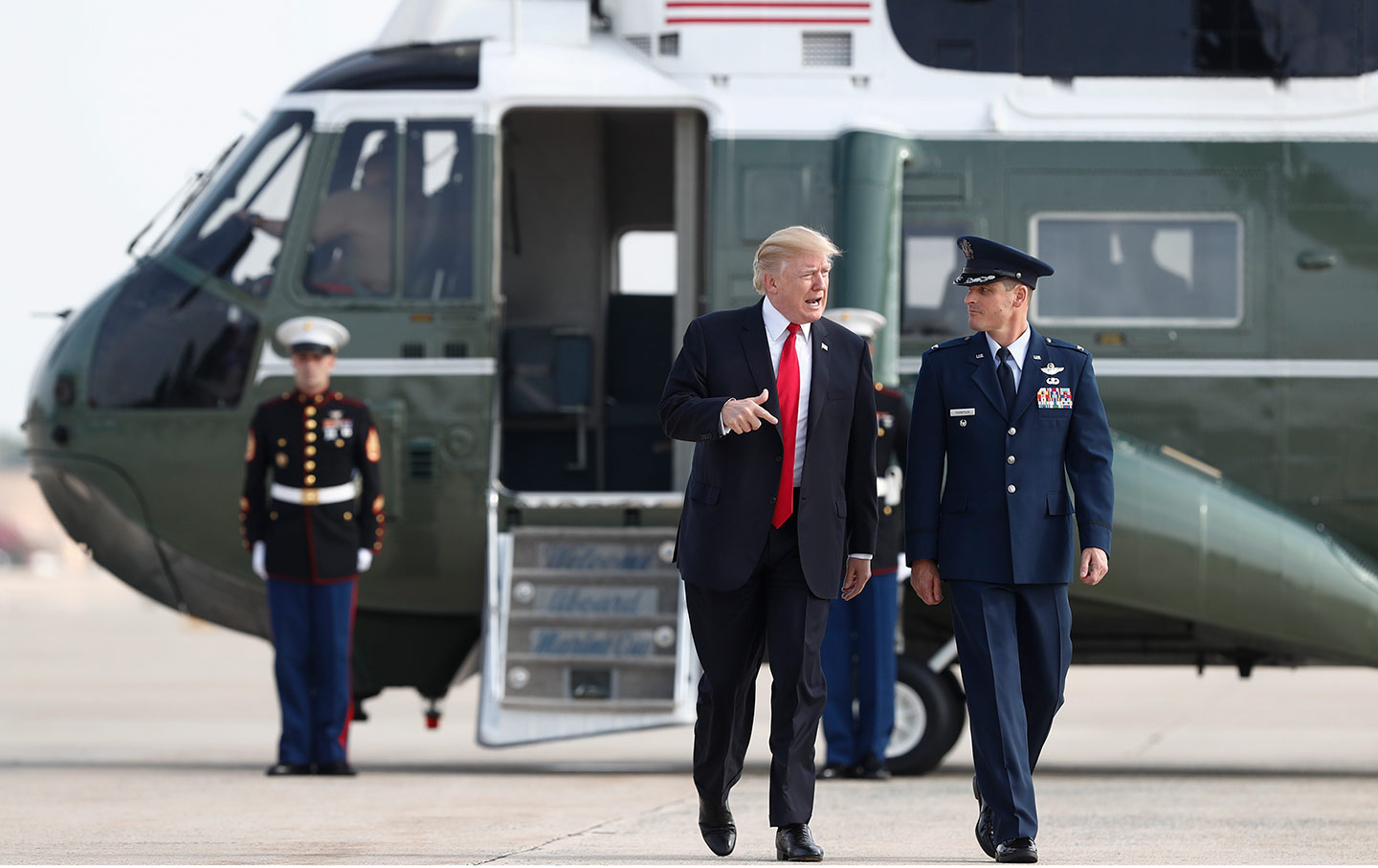
Do You Trust Donald Trump’s Finger on the Nuclear Button? Do You Trust Donald Trump’s Finger on the Nuclear Button?
As tensions with North Korea escalate, Congress and the military must prevent a nuclear first strike.
Jul 24, 2017 / Mark Hertsgaard
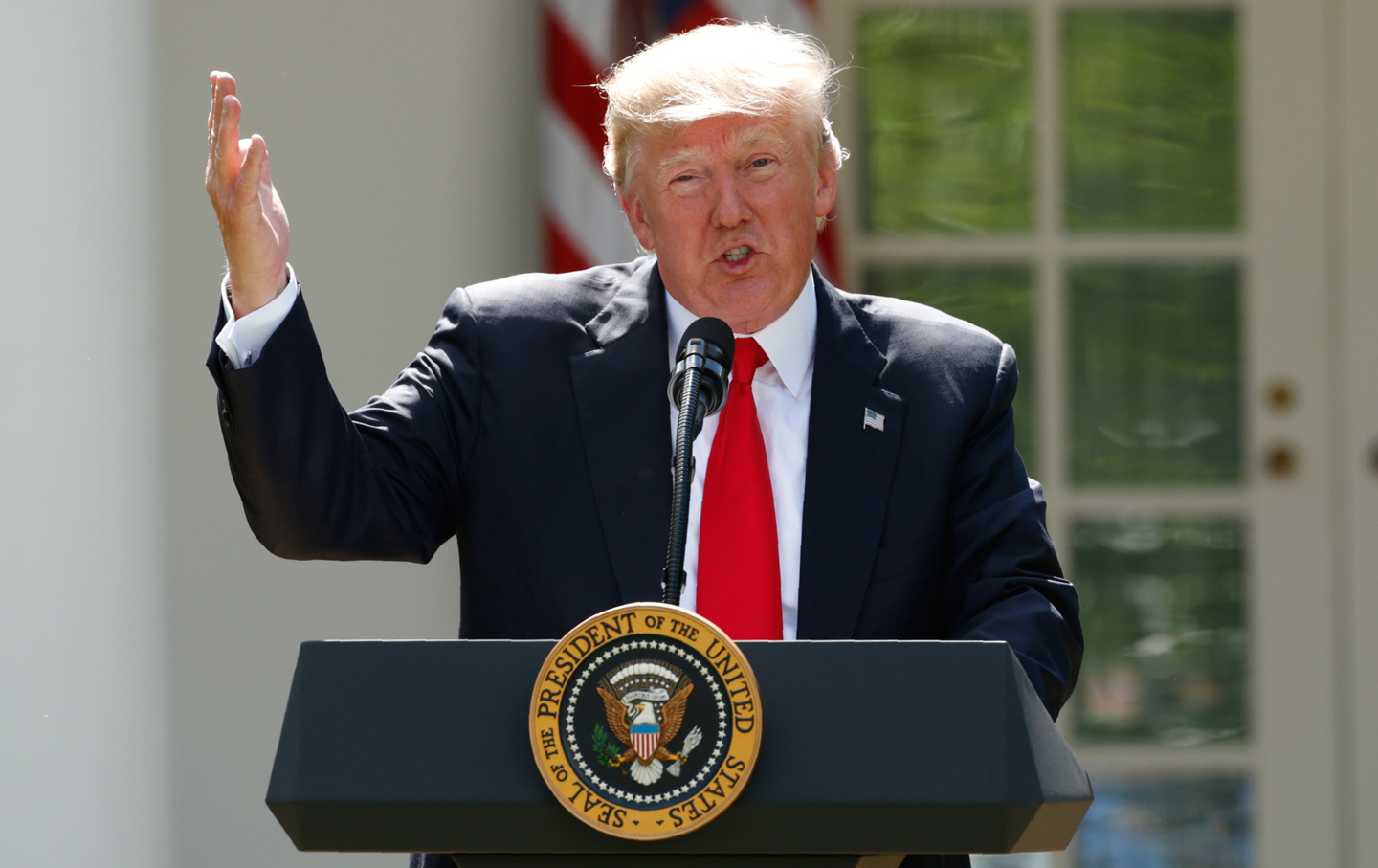
Donald Trump’s Withdrawal From the Paris Accords Is a Crime Against Humanity Donald Trump’s Withdrawal From the Paris Accords Is a Crime Against Humanity
This is murder—even if Trump’s willful ignorance of climate science prevents him from seeing it as such.
Jun 1, 2017 / Mark Hertsgaard

Why Trump’s Climate-Wrecking Agenda Could Fail Why Trump’s Climate-Wrecking Agenda Could Fail
Activists as well as local and state governments are fighting back—but global energy markets could be his most powerful opponents.
Mar 29, 2017 / Mark Hertsgaard

Progressives Need to Build Their Own Media Progressives Need to Build Their Own Media
Trump would not be president today were it not for the help of Fox, Breitbart, Limbaugh, & Co.
Mar 1, 2017 / Feature / Mark Hertsgaard

Protests Are Putting Trump on Notice: You’re in for a Fight Protests Are Putting Trump on Notice: You’re in for a Fight
The opposition isn’t going to sit idly by while Trump demonizes immigrants and violates the Constitution.
Feb 1, 2017 / Mark Hertsgaard

Obama’s Record on Climate Change Provides Lessons for Taking on President Trump Obama’s Record on Climate Change Provides Lessons for Taking on President Trump
The past eight years have proven that pressure from ordinary people can counterbalance elite interests.
Dec 12, 2016 / Feature / Mark Hertsgaard
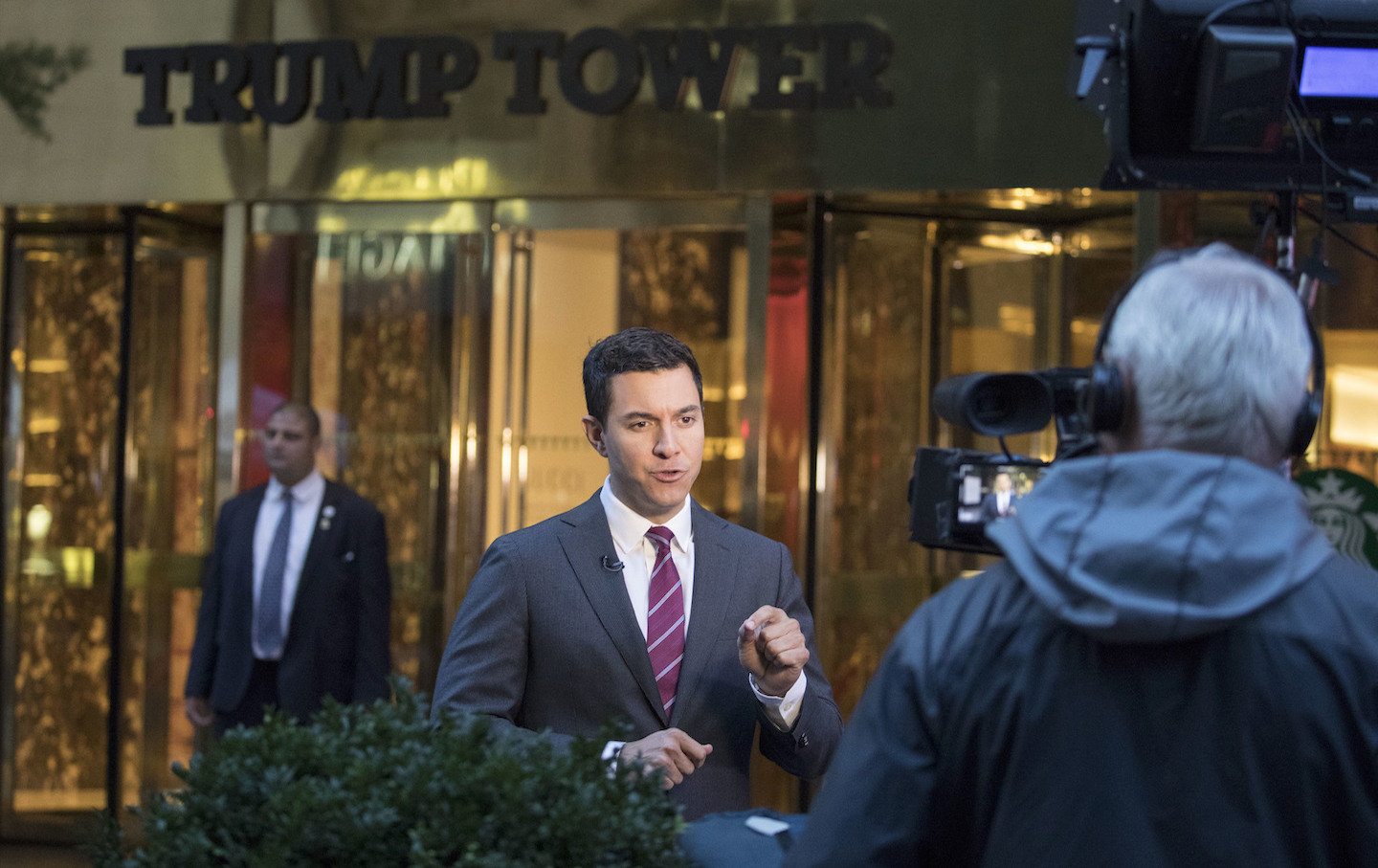
Why This Time It’s Different Why This Time It’s Different
Yes, Trump has said lots of disgusting, stupid, or hateful things before and gotten away with it—but now he’s going down.
Oct 8, 2016 / Mark Hertsgaard

